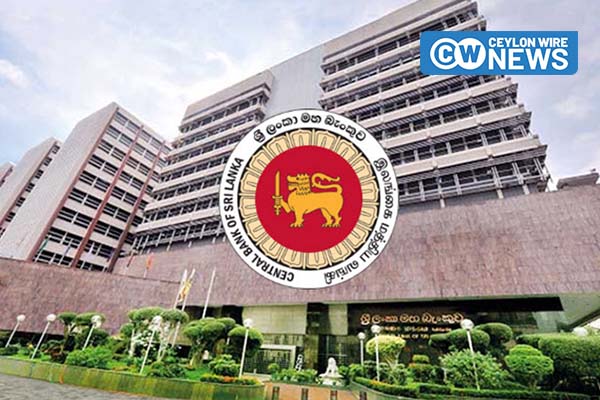The Financial Stability Review (FSR) of 2023, recently published by the Central Bank of Sri Lanka, provides insights into the financial system’s developments, identified risks, vulnerabilities, and the policy measures implemented by regulatory institutions. The review primarily covers data up to the end of September 2023. The electronic version of the publication can be accessed here.
Summary:
The financial sector faced challenges post the economic crisis, marked by an overall economic contraction, tax hikes, elevated price levels, and interest rates, affecting the balance sheets of economic agents. Financial intermediation witnessed a decline, and the exposure of the financial sector to the government increased. Despite the confidence brought in by the IMF’s Extended Fund Facility (IMF-EFF) approval, uncertainties in the sovereign debt restructuring and bank diagnostics raised concerns.
Financial markets demonstrated signs of stabilization in 2023, with low financial stress levels. Share market volatility decreased, and investors were attracted to high-yield investments, particularly in Government securities. The foreign exchange market showed an appreciation of the domestic currency, attributed to improved market confidence, increased inflows, and restrictions on imports.
The banking sector, affected by the economic crisis, operated under challenging conditions. Credit granted by banks contracted, credit risk remained elevated, and credit concentration risks persisted. Capital adequacy improved, but banks were advised to focus on strengthening capital buffers. Licensed Finance Companies (LFCs) faced a contraction in their loans and advances portfolio, while the insurance sector saw an increase in Gross Written Premium.
Households and corporates experienced strained balance sheets, hindering debt repayment capacities. Non-Performing Loans (NPL) ratios increased, signaling higher default risks. Policy measures implemented by the Central Bank aimed to ensure financial stability, including the establishment of Emergency Loans and Advances facility, crisis management frameworks, and the enactment of the Banking (Special Provisions) Act.
Financial Stability Outlook:
The easing of domestic monetary policy is expected to facilitate financial intermediation recovery, leading to improved economic activity. Efforts to address the Sovereign-Bank Nexus and positive developments in debt restructuring contribute to stability. External Debt Restructuring (EDR) and sustainable foreign currency inflows are crucial. Prudent measures for risk mitigation, strengthening capital buffers, and continued policy reforms are emphasized for sustained stability.
While existing vulnerabilities are expected to dissipate with improvements in the macroeconomic front, adherence to the policy reforms agenda outlined in the IMF-EFF agreement is deemed essential. Any deviation may result in detrimental consequences, emphasizing the importance of strong frameworks and consistent policies. As the credit cycle enters an expansionary phase, the Central Bank commits to close monitoring and necessary interventions to ensure financial stability.









